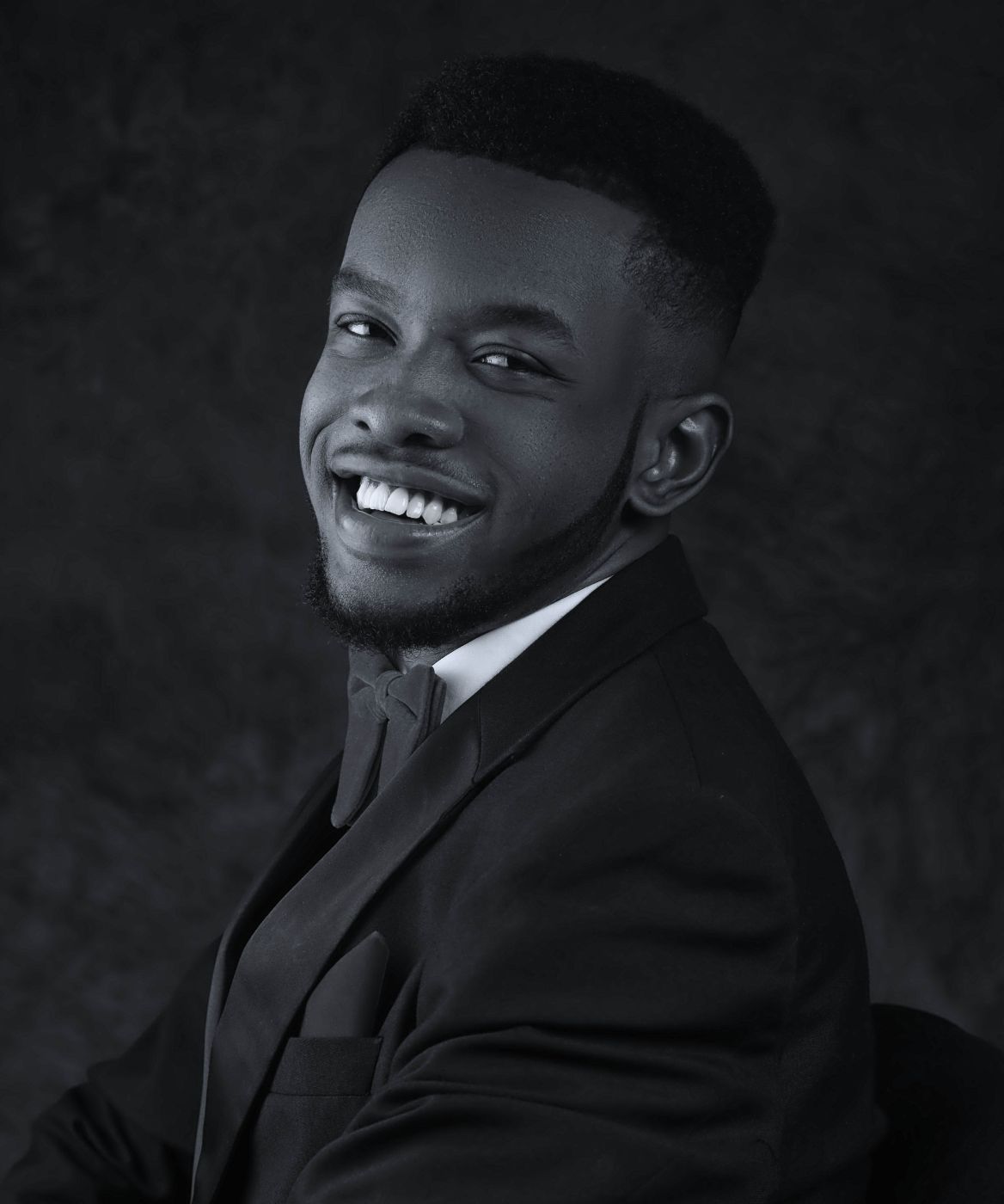Audio Presented by

Content Marketing Strategist. Well versed in Blockchain, Cryptocurrency and Web3.
Story's Credibility

About Author
Content Marketing Strategist. Well versed in Blockchain, Cryptocurrency and Web3.

Content Marketing Strategist. Well versed in Blockchain, Cryptocurrency and Web3.

Content Marketing Strategist. Well versed in Blockchain, Cryptocurrency and Web3.